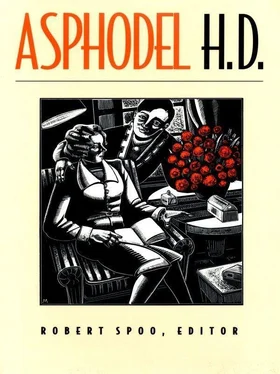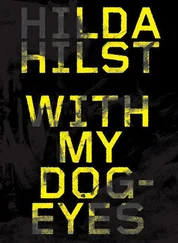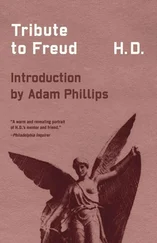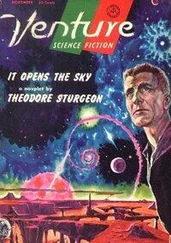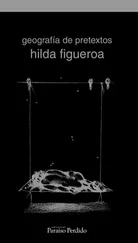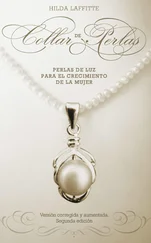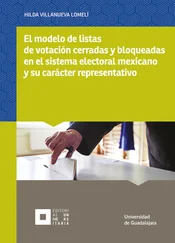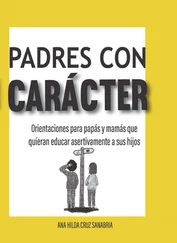“So you’ve found each other?” It was George speaking. “Found who? What other?” “Each — the other. I’ve been making a most careful cal- cu -lation.” George was speaking in poor Bertrand’s sustained and careful utterance. But only Hermione would know this. George was being pleasant, charming. One could see that. “I think our rag will do the sonnet series, Darrington.” The other person had scrambled to his feet and offered George the twin pouffe (due deference to the Lyre’s sub-editor) beside Hermione. Hermione only just thought to look at the other person, whose voice was (had been from the first) so oddly vibrant. He flung back from his shoulders as he answered the summons of someone shaking (at him) a gilt brocade bag across the room, “ask Her .” “Darrington, you know Hermione, don’t you?” “O very well. Yes. For a long time.” “Where? When? At Prescott’s we may gather.” “Further than that. It was well say about B.C. 325 (pre fifth anyhow) in Thessaly. Maybe Tempe.”
“Then you know Darrington?” “Yes, I think so.” “You can’t think you know a person. You know or don’t know. Do you know him?” “I told you, George, yes. I said I think so.” “You met him at Delia’s, at one of her eternal functions. You should have told me.” “Why should I have told you, Georgio, I’d met Darrington?” “Well for one thing I was giving myself the express pleasure of — presenting you. I suppose your Philadelphia Book of Etiquette would state it that way.” “Why worry so about me? I knew all along.” (She didn’t know why she was telling these lies.) “I’m sorry you were disappointed in it.” “O Darrington. I say there Darrington.” George evidently wanted corroboration of these statements. He put his two fingers to his mouth and whistled. Candles seemed to waver, to break, to fall sideways. A bunch of winter-daffodils seemed to come to life, to light the whole room with the glow that had till now been utterly disregarded. “I didn’t see there were daffodils in that glass bowl in the corner.” “There were people crowding about, Dryad. Someone should have told you.” She ignored his irony lost in admiration of the whistle that didn’t seem to make any difference to anybody. Most of the party had gone. The hardy representatives still lingering were evidently used to George Lowndes’ vagaries. “Don’t take any notice. He’s always doing these things. The way really to annoy him is to pretend not to notice.” A voice near Hermione, someone near the bowl of daffodils. She turned to watch this subtle analyst of George’s character. George was about to lift his Pan fingers to his Pan mouth (he affected a slight whisp of grape-gold beard in those days but you would hardly notice) when hands descended. Someone’s hands descended from near the daffodils, courageous little hands, fingers like thin wires, small hands really. Hands closed over George’s mouth. A slim elegant shape crowded into the divan between Hermione and George Lowndes. This was just a little casual of it also, “George darling.” George had removed the hands from his mouth and was gallantly in his best Provincial manner kissing them. Backs of small hands. Yes, George did it nicely.
The small slim creature quivered a small slim back, slim and excellently tailored in dark sleek very deep maroon red. A sort of very dark dahlia colour. The head bent back against the wall, and the small body curled nearer, neater into the black and gold enormous Japanese embroidered cushion. The creature turned its back utterly on Hermione. This was casual, rude really. Who was this curled, defiant (yet somehow with all the casual air of knowing what it was up to), beside George Lowndes? Hermione felt for the first time in some time, a little gasp of terror. Really terror. Did she still love George Lowndes?
What was one to do? Should one ignore the creature? Its voice purred into George’s ear. “So quaint of you dearest to read that poem.” “Why Princess Lointaine?” “Well you told me, didn’t you, it was written for — me?” “Did I? Maybe. But you see I tell everybody that.” “O George. Shockingly inadequate. If you are being cutting, be cutting.” “I leave that for you, Maria della Trinità.” “Trinità? Why exactly?” “You are, aren’t you, obviously the World, the Flesh and the—” “Spirit, put it George.” Someone had descended. It was the voice that had some time ago enthralled Hermione. The whistle had produced, like Aladdin’s lamp, the slave. It was Darrington.
Two of them now. Hermione slunk further into the corner of the divan. She wasn’t it was obvious, having at all her way. Who was this maroon dahlia coloured person who had outright stolen George? George had been petting her, making himself charming. It appeared suddenly to Hermione that perhaps she had been taking George too much for granted, too much her own property. Part of the past. Part of Philadelphia. Here George was something different, lionized, a person.
Maybe they wouldn’t notice. But what agony listening. Did she still love then George? “Lointaine. If you don’t mind—” “What dear George?” “There’s someone in the corner, you’ve not noticed.” “O yes, I have. I did. But is it grown up? Why do you ever let it come to parties?” The little back remained obstinately turned upon her. O who was it? Someone, somewhere? “But can’t you say good-afternoon, good-evening?” “No. Mary can’t. She’s not going to be allowed.” It was the other one now speaking. “She can’t and dare not.” “Dare not? Young upstart? And who are you? Imagine.” “I am I. Me. Mary. I’m her latest cavalier. I’m Darrington to the rescue.” O now she had it. Now Hermione had it. This was Mary Dalton. That Dalton woman. How odd she had forgotten.
“I can’t imagine why she didn’t speak to me.” “She’s like that.” “Yes. But I met her, had tea with her especially at Delia’s. The Prescotts’. George says you know them.” “Mary’s like that.” “Yes, but I don’t understand. Why? What’s it all about? Do people cut people like in novels? Did she cut me?” “I believe so.” “But I’ve never been cut . What’s it about? Why?” “Don’t ask me to follow the mad intricacies of our mad Ophelia.” “Is she? Is she really mad then like Ophelia?” “No. Not a bit like Ophelia.” “People warned me. Said she was odd, awful. George did. And then suddenly she’s beside him, having cut across our conversation and he’s kissing her hands in the approved troubadour fashion.” “But isn’t that too characteristic of old Lowndes?” “Is it? I don’t know. I knew him very well in Philadelphia. Here he’s different.” “Wouldn’t George take on colour from any setting?” “I don’t know. I was just thinking how strong he was really and how kind. I liked the way he whistled across the room and I liked the way nobody paid any attention to him.” “Maria paid attention.” “Why do you call her Maria?” “I don’t.” “But you did, you do.”
Hydrangeas lifted round plum-coloured and shell pink and white balls of heavy porcelain beauty. Heavy porcelain beauty. “I’m glad you found me. Dragged me out of the corner into this conservatory. I was so wretched, miserable. It was so funny your coming across too and sitting on the other foot-stool. It was so funny. I was thinking.” “One could see that, Astraea.” “Astraea. Why do you call me that?” “I don’t know. Does one ever know why one does or doesn’t do these things? What does old Lowndes call you?” “O Undine sometimes.” “Lowndes is wrong there. You have no heart like Undine.” “Undine. Did Undine have a heart?” “I don’t know. I think so. I move by intuition when I see you. When I saw you. You know what’s the matter with me? I always wanted a beautiful mother. I should like to have had a mother like you.”
Читать дальше
